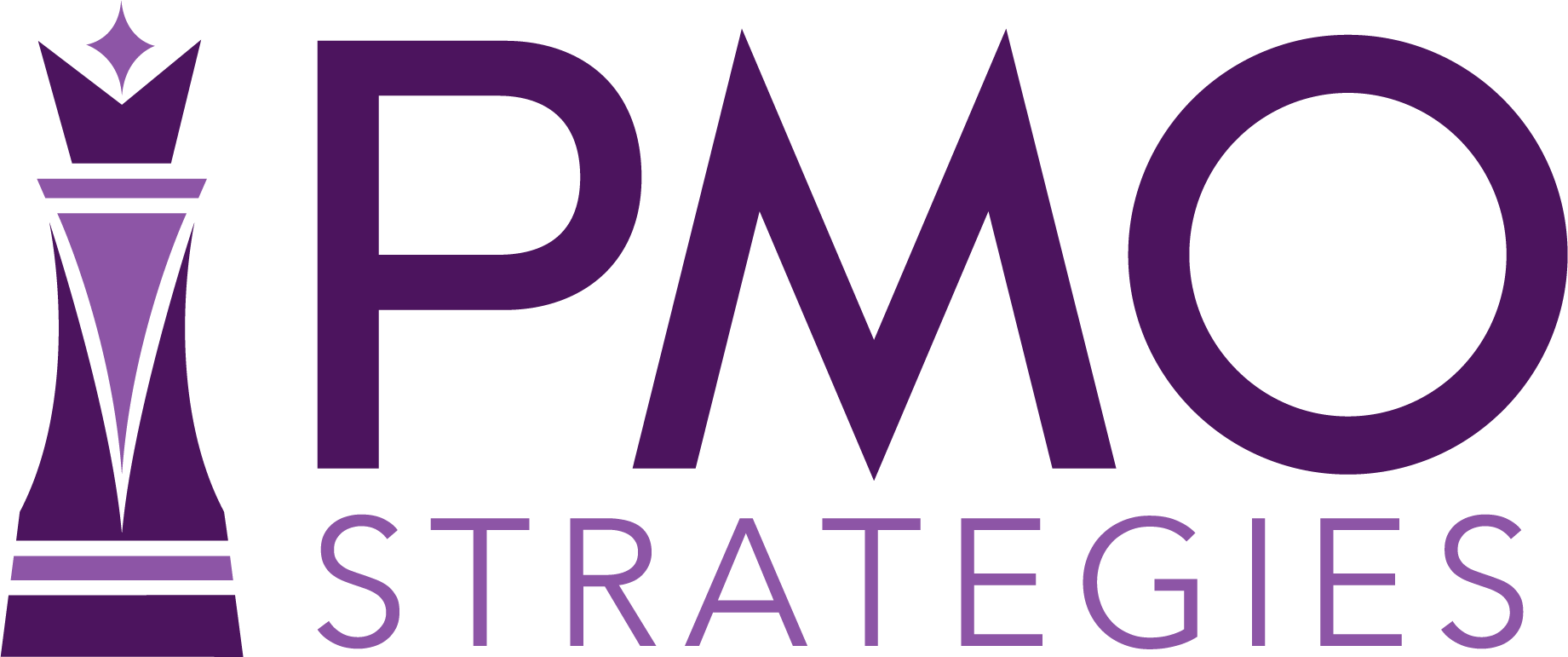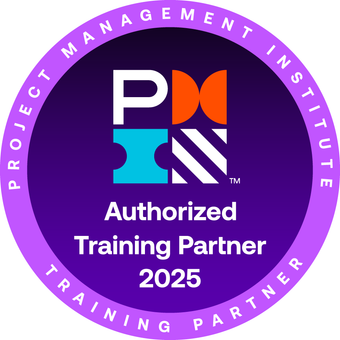-
 The Agile PMO Mindset Interview Exploring the Agile Mindset: In this high-energy conversation, Jesse and Laura explore the myths and misunderstandings on the divide between PMO thinking and agile thinking. The Agile PMO Now that agile methods are here to stay, executives are looking to PMO leaders for answers to fundamental questions: What is the agile movement all about? When does it fit for a given project, and when does it not? Even more puzzling, if agile methods encourage self-organizing teams, then how does that impact the role of a PMO, or even the role of the project manager itself? In this eye-opening session, we will sift out fact from fiction and walk away with actionable tips for evolving your PMO to support agile methods.
The Agile PMO Mindset Interview Exploring the Agile Mindset: In this high-energy conversation, Jesse and Laura explore the myths and misunderstandings on the divide between PMO thinking and agile thinking. The Agile PMO Now that agile methods are here to stay, executives are looking to PMO leaders for answers to fundamental questions: What is the agile movement all about? When does it fit for a given project, and when does it not? Even more puzzling, if agile methods encourage self-organizing teams, then how does that impact the role of a PMO, or even the role of the project manager itself? In this eye-opening session, we will sift out fact from fiction and walk away with actionable tips for evolving your PMO to support agile methods. -
 Yesterday’s PMOs were process-driven, governance focused and project-based. That model doesn’t work anymore – if it ever did. The modern, future-ready PMO must be focused on enabling business results, it must have an enterprise-wide perspective and it must be a business function, not a project function. Join Andy Jordan to learn how to create a PMO ready to succeed in today’s fast-paced world, and continue delivering into the future.
Yesterday’s PMOs were process-driven, governance focused and project-based. That model doesn’t work anymore – if it ever did. The modern, future-ready PMO must be focused on enabling business results, it must have an enterprise-wide perspective and it must be a business function, not a project function. Join Andy Jordan to learn how to create a PMO ready to succeed in today’s fast-paced world, and continue delivering into the future. -

Interview: The Business Focused PMO
In this interview, Steve discusses key points regarding expectations and behaviors that are critical to a business-focused PMO regardless of company size. PMO leaders have a unique opportunity to influence and drive success for the company as a whole and Steve will walk us through some of the shifts that we must make to thrive.You will learn the “why” of best practices in PMO development that will drive PMO value to your stakeholders. You will also learn how to implement these best practices to gain the certainty that the business wants. Finally, you will learn how to motivate the workforce to greater results with simple techniques. -
 Humans, by our physiological and social nature, are adverse to change within our environments. Our neural structures and habituated systems block change. Our social structures affect normative pressure toward ‘sameness’. We seek rational self-interest – the ability to survive. Yet Thriving requires higher-order, slow neural processes, and approaches to a problem or opportunity adoption. The slow response leads to innovation that affects successful social evolution. In a world of fast-paced technological and social change, our fast response neurological systems take charge and we have the tendency to follow rather than lead. Humans socially develop the processes and tools that assist us to accept and adopt change. PMI and other organizations have more recently in human history categorized the processes and labeled them as best practices, often without an understanding of the underlying human factors. The evolution of PMO’s introduce the social and organizational elements of change, and still, projects can fail because the individual and cultural elements are omitted (typically due to lack of knowledge or understanding). During our time together, we will work together to aid attendees to grasp initial insights and acquire some resources that will aid them to better incorporate a mindset that recognizes the natural chaotic response to change and to start an approach to better establish Thriving projects.
Humans, by our physiological and social nature, are adverse to change within our environments. Our neural structures and habituated systems block change. Our social structures affect normative pressure toward ‘sameness’. We seek rational self-interest – the ability to survive. Yet Thriving requires higher-order, slow neural processes, and approaches to a problem or opportunity adoption. The slow response leads to innovation that affects successful social evolution. In a world of fast-paced technological and social change, our fast response neurological systems take charge and we have the tendency to follow rather than lead. Humans socially develop the processes and tools that assist us to accept and adopt change. PMI and other organizations have more recently in human history categorized the processes and labeled them as best practices, often without an understanding of the underlying human factors. The evolution of PMO’s introduce the social and organizational elements of change, and still, projects can fail because the individual and cultural elements are omitted (typically due to lack of knowledge or understanding). During our time together, we will work together to aid attendees to grasp initial insights and acquire some resources that will aid them to better incorporate a mindset that recognizes the natural chaotic response to change and to start an approach to better establish Thriving projects.


